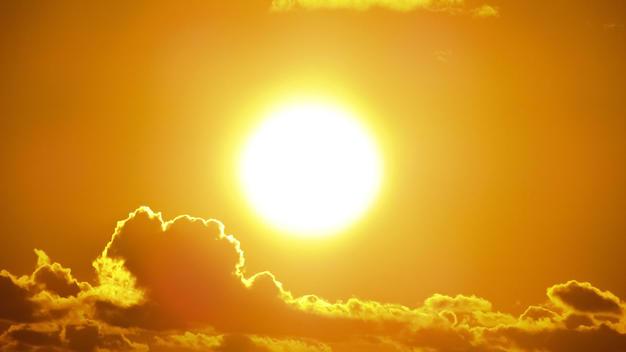Sunny spring 2020 could even break summer sun records
21 May 2020

This year’s ‘lockdown spring’ is likely to be the sunniest on record in parts of the UK, and may even rank among the sunniest seasons ever recorded – including all the summers.
Sunshine data from the University of Reading’s weather observatory show that, as at 10am on 20 May, there had already been more than 610 hours of sunshine since the start of March – with more than a week of May still to go. This beats the 604.6 hours in 1990, which was the previous highest spring total since the University’s sunshine records began in 1956.
Remarkably, the amount of sunshine this spring is also almost certain to beat many of the summers in the record, despite spring having significantly fewer hours of daylight. As a percentage of the day length, it may rank in the top five sunniest seasons ever in Reading.
In April, 60.3% of the daylight hours in Reading were sunny, reaching a total of 250.9 hours of sunshine for the month and making it the sunniest April recorded there. Only four other months on the University’s records have ever surpassed 60%, and these all occurred between May and August.
In terms of the percentage of possible sunshine, the sunniest month in its record is August 1976 with 62%. The sunniest month in terms of total hours of sunshine was June 1975, with 305.6 hours.
Although the observatory on the University’s Whiteknights campus is only one of hundreds of official weather stations across the UK, the conditions recorded there are indicative of the wider settled weather patterns that have dominated the region’s weather during lockdown.
Dr Peter Inness, meteorologist at the University of Reading, said: “The last few months have been unusual for everyone in lots of ways – but at least this includes the weather being unusually sunny. We have seen some record-breaking weather this year already, but for this spring to even rival the sunniest summers on record is quite extraordinary.
“The cause of all this sunny weather has been a proliferation of high pressure conditions to the west of Britain, with associated descending air and clear skies over the UK. Conversely, the Iberian Peninsula has been very wet this spring.
“Understanding how well we can forecast these ‘blocking’ patterns and how they might be changing is the subject of much active research, and we are lucky at Reading to be directly working on fascinating topics such as this, while also training the next generation of meteorologists and environmental physicists.
“In recent days there has been some discussion in the media of how weather conditions over the summer might influence how tolerable lockdown will be for all of us and our mental health. Although there are major social inequalities in access to green space in the UK, this extended and unusual period of fine weather is likely to have been a big boost to many.”
